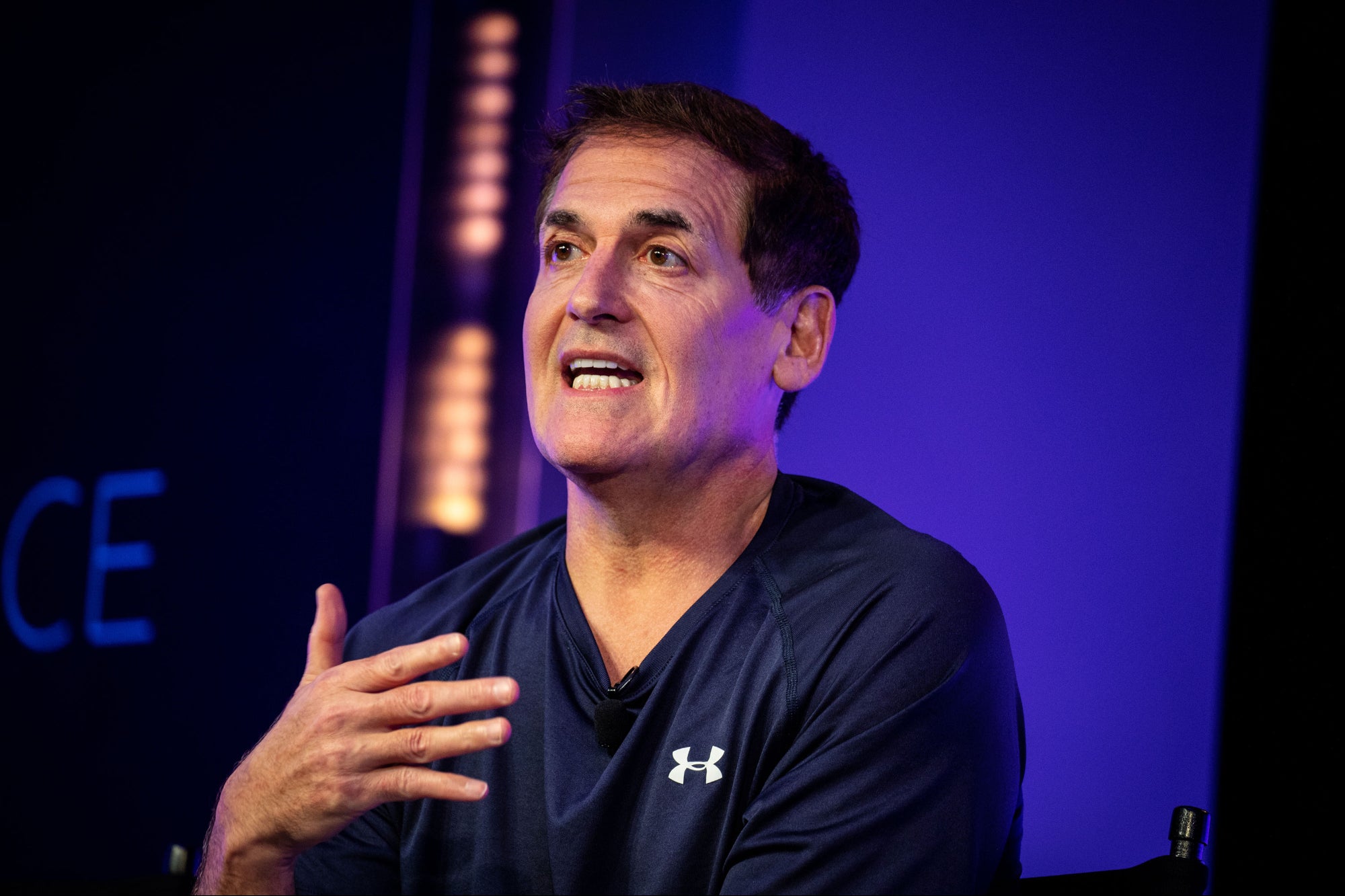
He reiterated his support for Americans receiving a $1,000 direct payment every two weeks for two months, and they’d have 10 days to spend the cash.
3 min read
This story originally appeared on Business Insider
Billionaire investor Mark Cuban says the federal government should provide every household in America with a $1,000 stimulus check every two weeks for the next two months.
In an interview with CNBC, Cuban urged Congress to pass another economic aid package to prop up individuals and businesses in dire straits, saying “we need at as much now as we did” at the onset of the pandemic.
Cuban initially proposed a second wave of direct payments in mid-May, shortly after House Democrats passed a broad spending package containing the measure. He told the outlet he still thought it should be carried out “the same way” with families having only 10 days to spend the federal cash, arguing it would boost spending and better assist businesses.
The Dallas Mavericks team owner previously elaborated on his proposal.
“I don’t care what they spend it on,” Cuban told KNX 1070 News Radio earlier this year. “It could be candy, it could be rent, it could be their mortgage, it could be anything they deem necessary or that they want.”
Cuban’s idea differs from what Congress enacted in the CARES Act in March since it has no income threshold, meaning everyone would receive a government check. Lawmakers and President Donald Trump authorized a wave of direct $1,200 payments for individuals earning up to $75,000 a year, plus $500 for each dependent child.
Related: When Will My Next Stimulus Check Arrive? (Updated)
The cash amount diminished until phasing out for those making above $99,000. Married couples earning up to $150,000 a year also qualified for the full payment.
The Treasury Department and IRS distributed nearly 153 million stimulus payments this year, according to the Peter Peterson Foundation. The program carried a $292 billion price tag.
Experts say an income threshold helps target the federal money toward individuals and families struggling to stay afloat amid the crisis. Not implementing a phase-out would significantly increase the cost of a second round of stimulus checks, which may trigger opposition from Republicans wary of the mounting national debt — and add another hurdle toward a bipartisan agreement.
Stimulus negotiations remain deadlocked as Republicans and Democrats remain $1 trillion apart in their spending proposals. In recent days, the looming Supreme Court nomination fight to replace the late Ruth Bader Ginsburg on the high court has absorbed much of Congress’ attention, and there’s been little movement on another stimulus package.
Both parties are bitterly divided on the amount of state aid and unemployment benefits that should be included in another coronavirus relief bill.
A “skinny” $650 billion stimulus package from the GOP was blocked by Democrats earlier this month, who attacked it as “emaciated” and inadequate to address the twin public health and economic crises. They’re calling for at least $2.2 trillion in additional spending.
https://www.entrepreneur.com/article/356709

